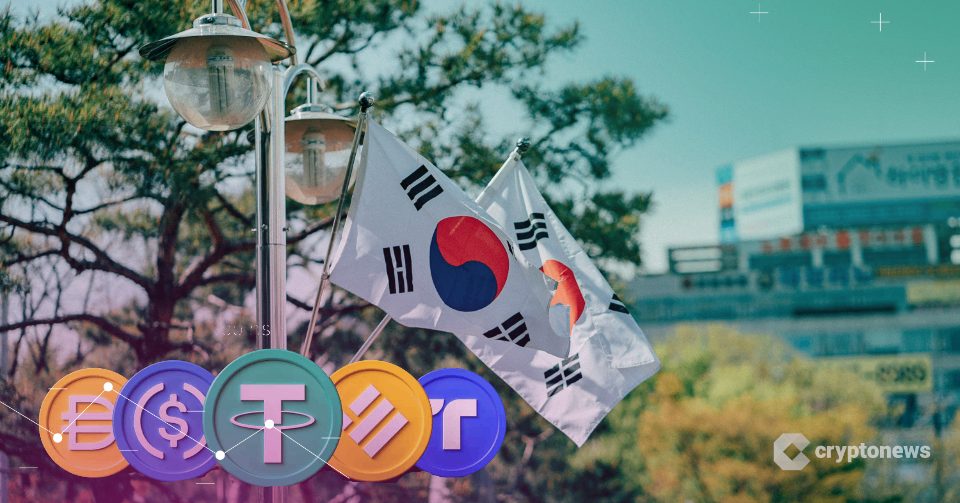Hong Kong Monetary Authority Releases Stablecoin Licensing Framework – CBDCs Coming Soon?
The Hong Kong Monetary Authority (HKMA) announced Tuesday that it has officially launched its long-anticipated licensing regime for stablecoin issuers, with new guidelines set to come into effect on August 1.
The latest update shows Hong Kong’s intention to regulate the growing stablecoin sector, offering clarity for market participants while reinforcing investor protection and financial integrity.
New Guidelines Define Regulatory Path
The HKMA published two sets of documents: the “Guidelines on the Supervision of Licensed Stablecoin Issuers” and the “Guidelines on Combating Money Laundering and Counter-Terrorist Financing.”
These were accompanied by summary notes detailing licensing application procedures and transitional provisions for existing issuers. Institutions interested in applying must contact the HKMA by August 31 to receive early-stage feedback, with a submission deadline of September 30 for those ready to proceed.
Compliance Requirements and Market Conduct
Stablecoin issuers operating in or marketing to Hong Kong must now comply with the new Stablecoin Ordinance. The HKMA has warned that misleading claims regarding licensing status could result in criminal penalties.
The Authority has not granted any licenses as of July 29, and the public is advised to verify any issuer’s credentials through the HKMA website before transacting.
Transitional Period and Industry Readiness
The transitional framework allows existing stablecoin issuers time to align with the new rules. Issuers already active in the market are expected to gradually bring their operations into compliance.
The HKMA has positioned the licensing process as ongoing, encouraging applicants to demonstrate full preparedness before submitting materials for review.
The HKMA is also actively shaping a regulatory framework for stablecoin issuers with a focus on risk mitigation, consumer protection, and financial system integrity.
By introducing a clear licensing regime, the HKMA said it intends to make sure that only well-governed, transparent, and properly capitalized players can operate in the space.
Beyond protection, the framework also reflects Hong Kong’s ambition to lead in regulated digital finance. With robust guardrails in place, the city can attract quality innovation, support institutional engagement, and strengthen its reputation as a global financial hub.
Hong Kong Declares Unlicensed Stablecoin Promotions a Crime
Last week, Hong Kong said it will soon make it illegal to market unlicensed stablecoins to the public, as the city tightens controls ahead of the rollout of a long-anticipated regulatory framework.
The move comes as authorities seek to cool market euphoria and protect retail investors from hype and fraud in the digital asset space. Eddie Yue, chief executive of the HKMA, issued a warning on Wednesday, just days before the city’s Stablecoins Ordinance comes into effect on August 1.
Is a CBDC the Next Step?
Ultimately, this licensing initiative lays the groundwork for broader digital currency adoption, including potential central bank digital currencies (CBDCs). The HKMA’s strategy is clear: responsible innovation, backed by strong oversight, is key to unlocking the benefits of digital money while minimizing its risks.
While the current focus is on private stablecoins, this regulatory rollout could be a precursor to broader digital currency ambitions. Hong Kong has been actively exploring central bank digital currencies (CBDCs), both at the wholesale and retail levels.
You May Also Like

Ethereum validator exit queue size reaches all-time high

South Korean Central Bank Unveils New ‘Cryptoassets Department’
